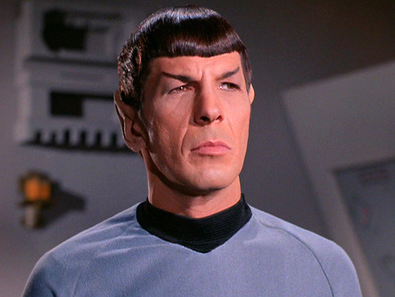The reflexively moderate New York Times columnist David Brooks is at it again, this time lamenting those poor, confused Iowa Christians who believe that the Bible’s injunction “Do not show partiality to the poor” means, well, not showing partiality to the poor. According to Brooks, this idea should extend to both policy and political discourse, but the parlance employed by the likes of Ted Cruz is deemed by the pant-crease impresario un-Christian.
According to Brooks, to win Iowa’s sizable evangelical population one must speak in the reassuring tones of Mike Huckabee or the pleasantly sleep-inducing Ben Carson. This is why Ted Cruz’s lead in Iowa is confusing to Brooks, a man who, tellingly, has never met a study he didn’t like.
Cruz’s lead in Iowa is confusing to Brooks, a man whose most recent New York Times column is characterized mostly by his unfunny and apparently unself-aware tendency to lecture Christians about how they should comport themselves. According to Brooks, these Iowa Christians don’t seem to know their place anymore. Trump? Cruz? Please! Iowa evangelicals haven’t witnessed much undesired change during Obama’s tenure. Sure, on same-sex marriage they’ve gone from “against it” to facing jail time for refusal to bake a cake. Refusal to bake a cake. Other than that it’s pretty much a wash. Of course all this took place over the course of a couple of years so there was the phase-in aspect.
It would seem to Brooks that Iowa Christians must be thrilled that while divorce law is seen fit for basket cases likes Oregon and Illinois whereas marriage shall be defined once and for all on our continent-spanning nation by one man in a robe: its a play so absurd the minds of Harold Pinter and Harold Becket together could have conceived of it.
President Obama arrived unfashionably late at the marriage-rights party, his though his fellow partygoers didn’t much seem to care. Future histories will show the president as characteristically behind the times, knowing that it took his vice-president’s coming out party on the issue to make him realize that he is only in left in the room to not-yet get the joke. (Imagine for a moment being deemed less-hip than Joe Biden.)
For Brooks it’s a given that Christian values like fairness and love are inherently progressive values and cases his argument in a Third-Way-Al Gore vein for added annoyance. And it’s not just social issues that have Evangelicals nonplussed. At any rate, these social-issues ingrates don’t seem unduly impressed by the managed loses of both the “bad” war in Iraq and the “good” war in Afghanistan. They don’t seem to marvel at the apparent ingratitude of the the Libyan people to Obama, Congressional Republicans and Democrats and NATO for their special brands of magic.
But don’t take my word for it, read David Brook’s latest column in the New York Times, The Brutalism of Ted Cruz. In Cruz’s speeches there is “not a hint of compassion, gentleness and mercy.” He continues “Traditionally, candidates who have attracted strong evangelical support have in part emphasized the need to lend a helping hand to the economically stressed and the least fortunate among us. Such candidates include George W. Bush, Mike Huckabee and Rick Santorum.”
That no misprint: George W. Bush, Mike Huckabee and Rick Santorum all cited positively in a single sentence.
Return to daviDDeeble.com.











